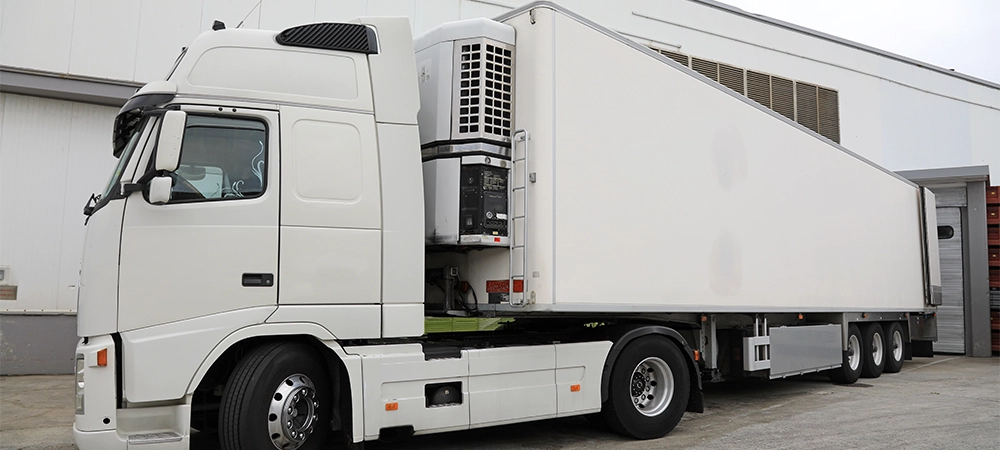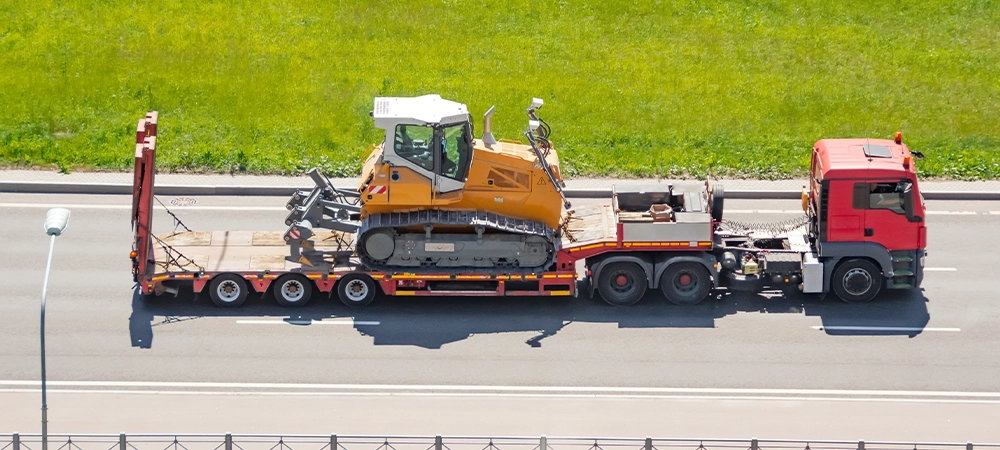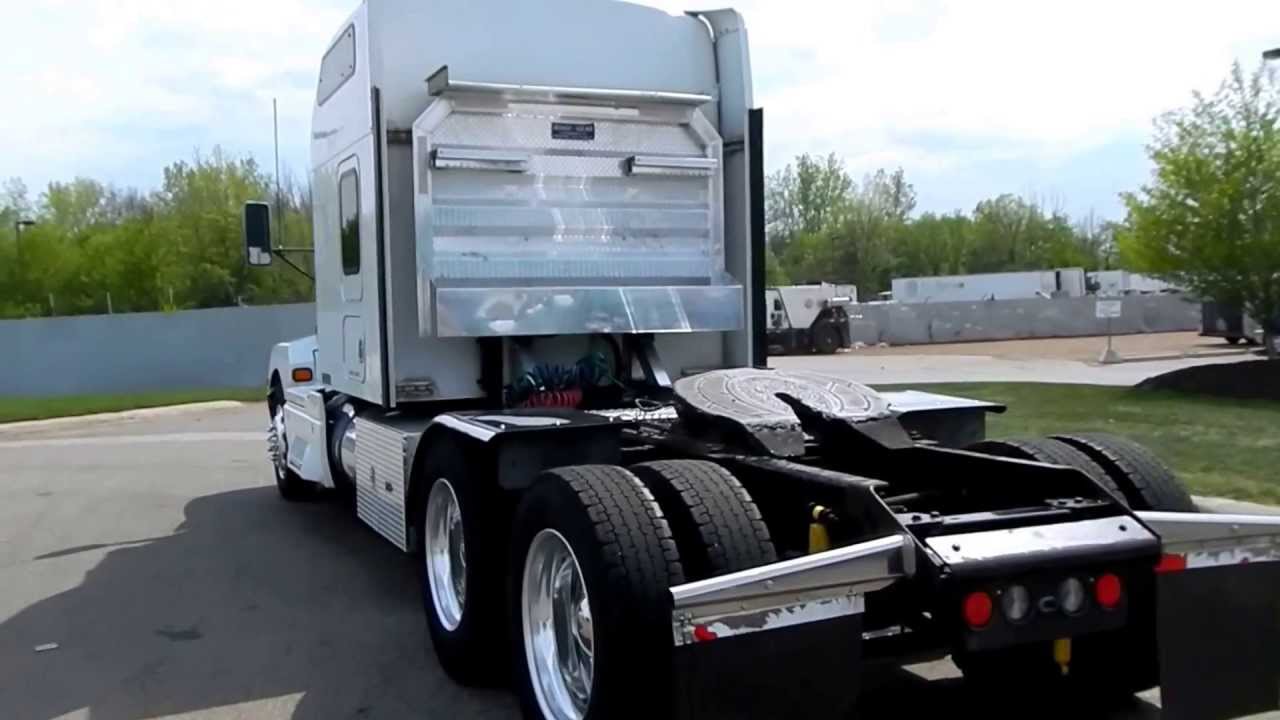
Understanding the Key Differences: Reefer vs. Flatbed Trucks
Regarding transportation and logistics, different cargo demands specific types of trucks for efficient and safe transport. Among the many options, reefer and flatbed trucks stand out for their unique capabilities and applications.
While refrigerators or flatbed trucks play crucial roles in the supply chain, understanding their distinct features, benefits, and suitable applications is essential for optimizing logistics operations. For instance, flatbed trucks are ideal for oddly shaped or oversized cargo, while reefer trucks are great for refrigerating frozen foods during transport.
In this comprehensive guide, we compare reefer and flatbed trucks. We also discuss their applications, guiding you in making informed decisions about your transportation needs.
Comparing Reefer Trucks and Flatbed Trucks
Before going into the unique distinctions between a reefer and a flatbed truck, a breakdown of each truck type can help you determine which is best for your cago.
Reefer Trucks: Keeping Goods Cool and Fresh
Reefer trucks, or refrigerated trucks, are essentially mobile refrigerators designed to transport perishable goods at specific temperatures. Equipped with a refrigeration unit, these trucks maintain a controlled environment. They also ensure food products, pharmaceuticals, and other temperature-sensitive goods remain fresh and intact throughout their journey.
Below are the features of a reefer truck
- Temperature Control: The most notable feature of a reefer truck is its ability to maintain a constant temperature, ranging from freezing points to standard refrigeration temperatures, regardless of external weather conditions.
- Insulated Bodies: Reefer trucks are built with insulated walls, floors, and roofs to ensure minimal thermal exchange with the outside environment, enhancing the cooling system’s efficiency.
- Versatility: Besides cooling, some reefer units can also provide heating when necessary, making them suitable for transporting goods that require protection from cold temperatures.
When to use Reefer Trucks
Reefer trucks are indispensable in the food industry, transporting everything from fresh produce and dairy products to frozen goods. They are also crucial in the pharmaceutical industry, where maintaining the integrity of medications during transport is vital.
Additionally, any industry requiring transporting temperature-sensitive products, such as certain chemicals or cosmetics, relies on reefer trucks for logistics solutions.
However, it’s equally important to keep your products safe while in the truck. Some safety equipment for reefer trucks are straps and edge protectors.
Related Article: Securing a Pipe on a Flatbed: A Comprehensive Guide
Flatbed Trucks: Versatility in Open Space
As the name suggests, flatbed trucks feature an open platform or bed with no sides or roof. This design offers maximum flexibility in loading and unloading goods, particularly oversized, oddly shaped, or too large for enclosed trailers.
Some features of flatbed trucks are
- Ease of Loading: The flatbed truck’s open nature allows for easy loading and unloading of goods using cranes, forklifts, or manpower from any side, significantly reducing loading times.
- Flexibility in Cargo Size: Flatbed trucks can accommodate various cargo sizes and shapes, making them ideal for transporting large construction materials, heavy machinery, and other oversized items.
- Lack of Environmental Control: Unlike reefer trucks, flatbed trucks do not offer temperature control or protection from the elements, limiting their use to goods that are not sensitive to weather conditions.
When to Use Flatbed Trucks
The construction industry commonly uses flatbed trucks for transporting heavy equipment, steel beams, large construction materials, and other oversized loads. They are also favoured for hauling large agricultural machinery, wind turbine components, and any cargo that can’t be easily transported in enclosed trailers due to size or shape constraints.
The Difference Between Reefer vs Flatbed Trucks
When deciding between a reefer and a flatbed truck for your transportation needs, consider the following factors:
- Nature of the Cargo: A reefer truck is essential for transporting perishable or temperature-sensitive goods. A flatbed truck is more suitable for oversized or heavy items that don’t require environmental control.
- Loading and Unloading Requirements: Consider how easily you can load and unload your cargo. Flatbed trucks offer more flexibility for large or cumbersome items.
- Distance and Route: For long distances or routes with harsh weather conditions, reefer trucks can protect sensitive goods.
- Cost Considerations: Reefer trucks generally cost more to operate due to the additional fuel required for the refrigeration unit. Flatbed trucks might offer a more cost-effective solution for non-perishable goods.
Related Article: Adequate Trailer Maintenance in Storage Solutions
Rent Reefer and Flatbed Trucks in Toronto
Reefer and flatbed trucks serve distinct purposes in the transportation and logistics industry, each with features, benefits, and suitable applications. By understanding the differences between these two types of trucks, you can make informed decisions to ensure the safe, efficient, and cost-effective transport of their goods.
At Toronto Trailers, we understand the importance of reliable and specialized transportation solutions and are here to assist you in navigating these choices. Whether you need temperature-controlled transportation or require the versatility of a flatbed, we’ve got you covered.
Contact us today at 416-477-5488 to get a quote.








